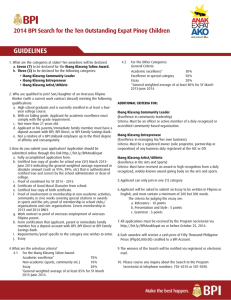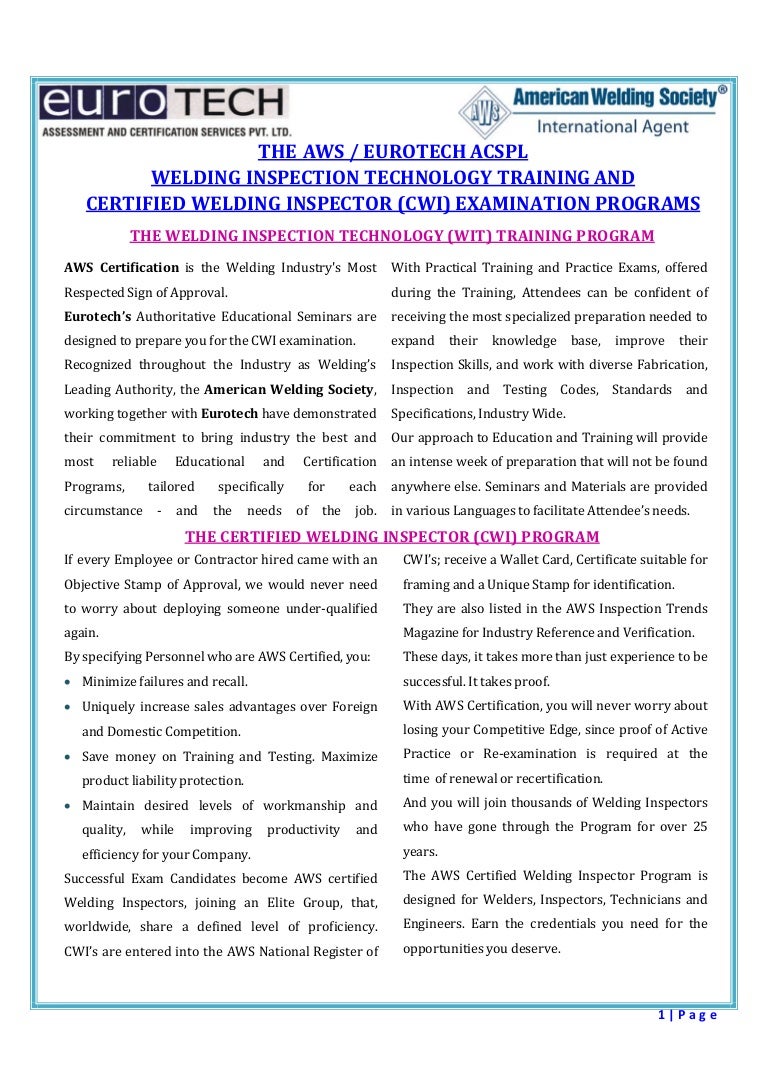- Bpi Officership Training Program Otp Login
- Bpi Officership Training Program Otp Online
- Bpi Officership Training Program Otp Egyenleg
Branch:N/A
Bpi Officership Training Program Otp Login
Agency Tracking Number:R41RR031345
Early to bed, early to rise. Exactly what I did today. I reach the Bank of the Philippine Islands (main office) briefing room at exactly 8:10 in the morning. That means, I am 20 minutes earlier, which is not very me. Today August 25, 2005 is my first day as a trainee for an officership training program.

Phase:Phase I
- Bank of the Philippine Islands and the Philippine Stock Exchange reunited this year for the second run of the BPI-PSE Equity Challenge. Formally launched last July 31 at the 1851 Club, the equity challenge is a clash of 21 universities nationwide, increasing the participants to 105 teams.
- Will I get charged for a BPI OTP? No, BPI OTP is a free service to BPI credit and prepaid cardholders. Will my online transaction be rejected if my or mobile number is not updated? BPI Express Credit cardholders will be allowed to use the last six (6) digits of their customer number as password for their first online transaction.
Solicitation Number:PHS2010-2
Award Year:2010


Award End Date (Contract End Date):N/A
Woman Owned:N
Name: DANIEL TREMONTI
Phone: (312) 274-1070
Email: dan@core12.com
Phone: (312) 274-1070
Email: dan@core12.com
Bpi Officership Training Program Otp Online
Name: LOREE ARMSTRONG
Phone: (541) 346-5131
Email: research_services@orsa.uoregon.edu
Phone: (541) 346-5131
Email: research_services@orsa.uoregon.edu
Name: University Of Oregon
Address: 5219 University Of Oregon
EUGENE, OR, 97403-
Phone: () -
Type: Nonprofit college or university
Address: 5219 University Of Oregon
EUGENE, OR, 97403-
Phone: () -
Type: Nonprofit college or university

Bpi Officership Training Program Otp Egyenleg
DESCRIPTION (provided by applicant): An absence of age-appropriate assessment technologies has hindered the ability of health, mental health, and school psychology professional to obtain and utilize self- report information from young children. This gap is problematic for science and applied fields in many ways. For example, there has been a serious under-identification of young children with internalizing problems, many of whom are not detected until clinical or functional problems become plainly visible (Luby, 2006). The Berkeley Puppet Interview (BPI) method was developed in response to this gap (Ablow and Measelle, 1993), and evidence of it's effectiveness in over a hundred published scientific studies since its initial publication (Measelle, Ablow, Cowan, and Cowan, 1998) has led many in the field of child assessment to view it as a gold standard (Briggs-Gowen and Carter, 2008; Carter 2010; Luby, 2006; Shinner and Caspi, 2003). At present, training to reliability in the BPI method has been achieved largely through in-person training workshops. However, in- person training has proven inefficient relative to steadily increasing demand for training in the BPI method. The overall aim of the proposed project is to develop an interactive multimedia training program to train mental health and school professionals to utilize the BPI effectively in their work with young children. The Phase I project will produce the BPI Online Training Program (BPI-OTP), a web-based training prototype. A subset of BPI training concepts and skills will be presented in the prototype using a variety of methods including video, text, animated graphics, audio narration, and interactive programming. We will solicit feedback about the program's design and components through an evaluation study and follow-up focus groups with 30 professionals from three targeted mental health fields: psychology/psychiatry, social work, and school psychology (n = 10 from each discipline). The BPI-OTP prototype will be assessed for general usability, consumer satisfaction, knowledge gained, interviewing competence, and self-efficacy with the BPI method by evaluating its use with professionals from our targeted user groups.) PUBLIC HEALTH RELEVANCE: One of the most challenging problems facing the fields of child mental health and education is the accurate measurement of symptomatology, impairment, and adaptation in children younger than 8 years of age. One source of this problem is the absence of developmentally appropriate assessment technologies for young children, in particular, tools that allow children to self-report. The proposed development of a web-based interactive program for psychologists/ psychiatrists, social workers, and school psychologists will provide a standardized and cost-effective way to train early childhood human service professionals in the use of the Berkeley Puppet Interview, which is an empirically supported assessment method for young children that has become a gold standard in the field.
* Information listed above is at the time of submission. *